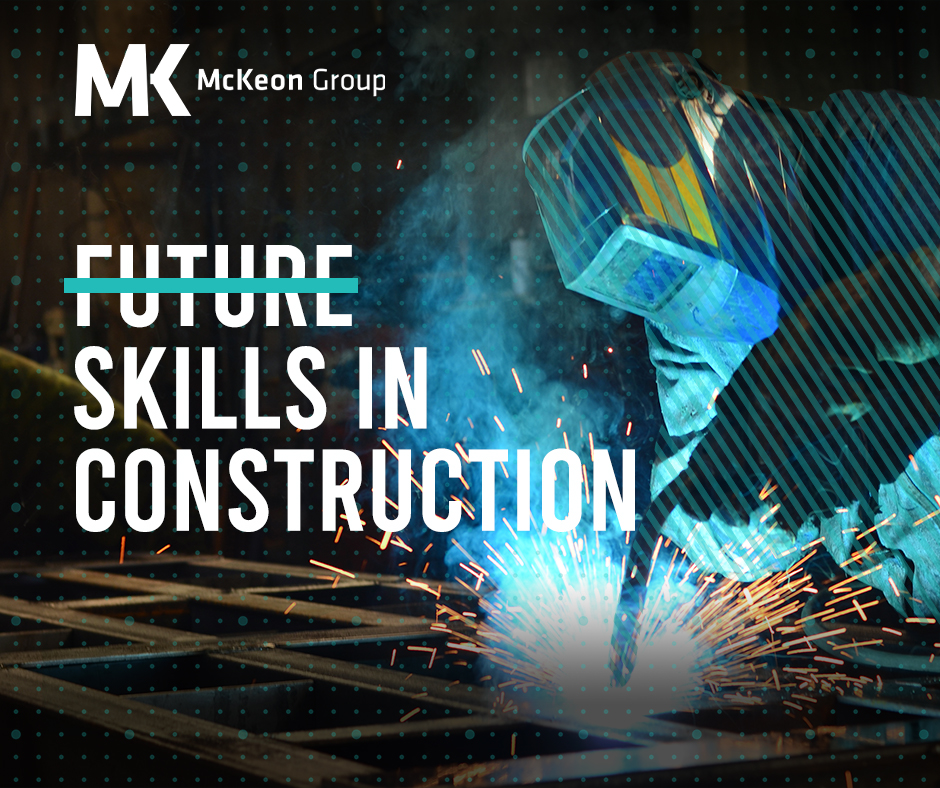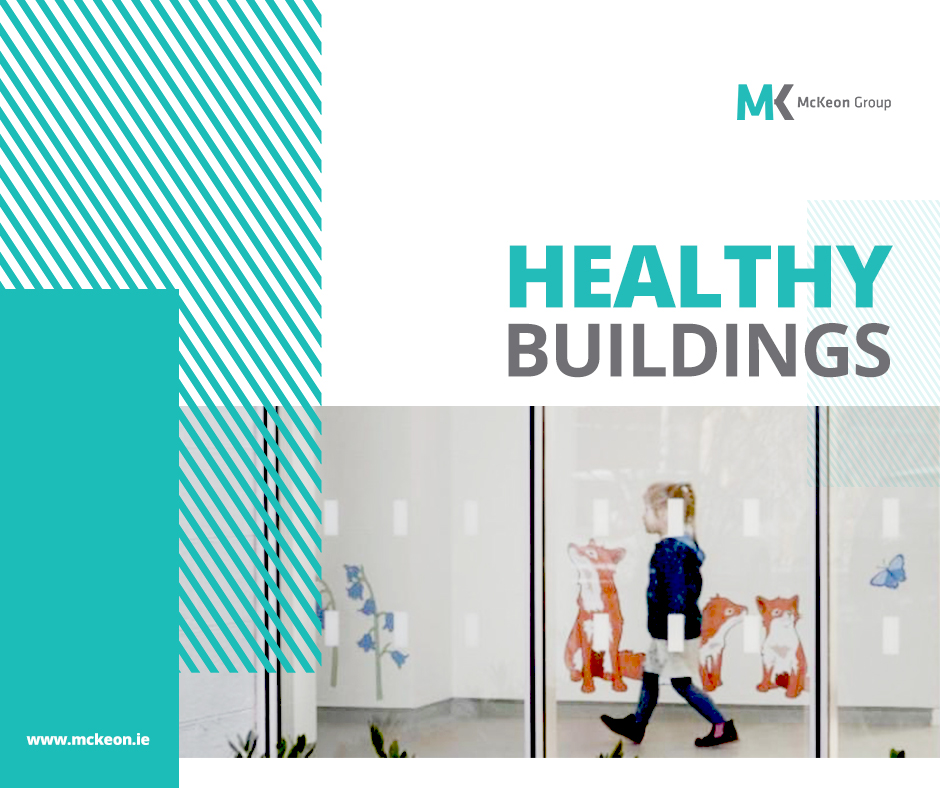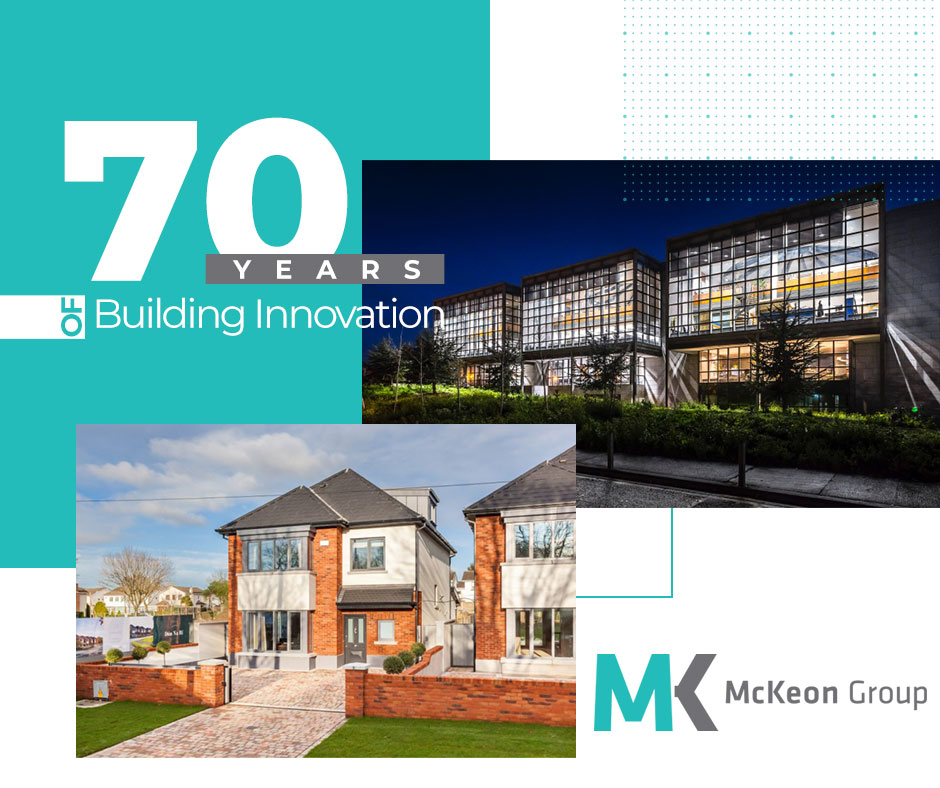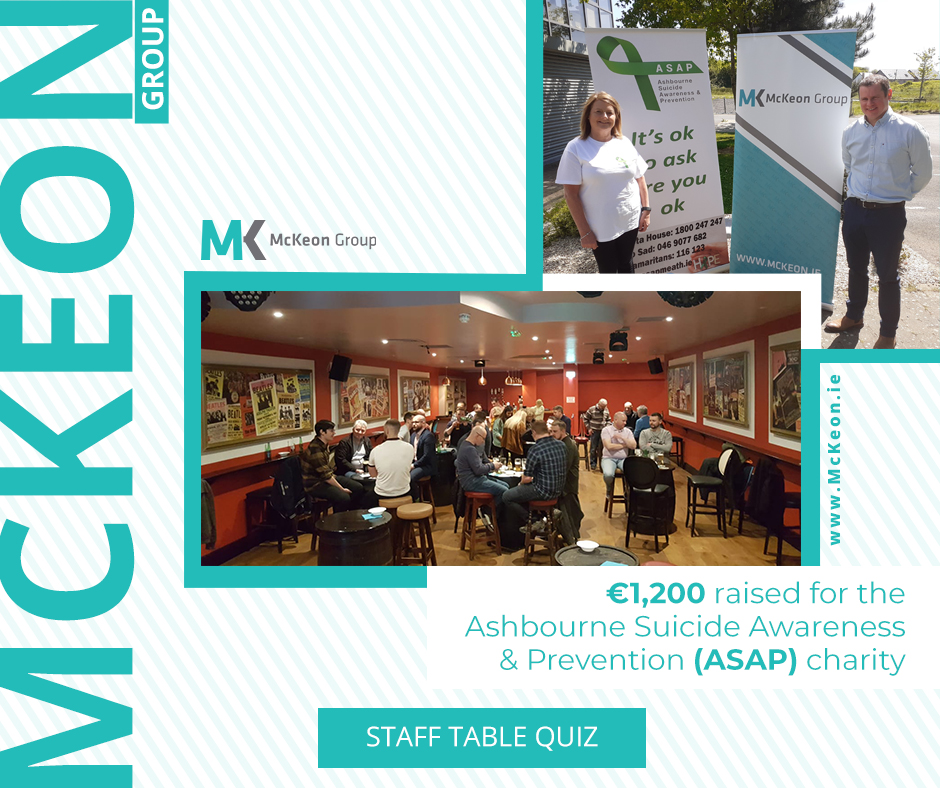Earlier this week, Amanda Clack, Head of Strategic Advisory CBRE and former president of RICS published an article titled ‘What is the future of skills in construction?’. In this thought-provoking piece, Clack writes about the longer term effects the Covid-19 lockdown will likely have on the construction industry globally.
Over the past month, construction companies that had been forced to close or adapt to new ways of working overnight, started their phased return to building activity across the country. While there were months spent away from sites, there was no downtime for the contractors who spent that time securing sites, understanding the virus, feeding into their respective industry bodies and then implementing the raft of new safety measures designed to minimise the risk of spreading infection, including social distancing. Clack rightly points out that no one knew what to expect. One month on, we have a better idea, however, as these are truly unprecedented times, she questions “how can anyone be sure?”.
The world is looking completely different today, it is unrecognisable. There has undoubtedly been a fear instilled in each of us, but how long is that likely to last? Forever?
For now, compulsive hand hygiene has become the norm. Site operatives have adapted to the need to santise everything multiple times daily. Last week we wrote about Healthy Buildings and one of the observations that McKeon Group Mechanical Services Director, Jim Wheatley, shared was that clients have serious concerns for the safety of their staff and clients as they emerge from the Covid-19 shutdown. You can read that article here:
https://mckeon.ie/mckeon-group-healthy-buildings-key-changes-post-covid-19/
There is an awareness that the viability of their future business is dependent upon them creating and maintaining a safe working environment – this is even more pronounced for businesses that require face-to-face consultations. Safeness is key, and the challenge for us is to adapt to the changing requirements of what is now considered to be ‘safe’.
For McKeon Group, we navigated this internally and streamlined our new pandemic-responsive measures in an app called Good2Go. This app is now available for anyone in the construction industry, simply contact us for details: https://mckeon.ie/about-us/good2go-app/
In Clack’s article, she is clearly trying not to “paint a gloomy long-term picture for the global economy”. We know that Ireland requires approximately 25,000 – 35,000 (depending upon which forecasting economist you lean towards) new homes every year for the next decade to meet growing demand. According to Clack, many governments will turn towards their domestic construction industries to help stimulate the economy through the process of building our factories, healthcare facilities and our homes.
2020 will inevitably be a turning point, not just for construction, but for the wider economy. For stalwarts of Ireland’s construction industry, that turning point will require transformation, which will not be easy. Not every business will survive. The organisations that survive will not look the same as they did before.
It has been said that the pandemic furthered the cause of digital transformation of construction quicker and more efficiently than anything over the past decade and a half has done. There is no turning back now. Looking ahead, it is expected that we will see a continuing focus on technological advancements within modern methods of construction (MMC) and an awareness on the sustainable impacts of the construction process and of the entire building lifecycle.
Clack heralds the growth of Industrialised Construction (IC), a system that uses and joins elements from Building Information Modelling (BIM) and the Common Data Environment (CDE) together. All of these elements combine, she believes, to embrace the five key trends:
– Big data, AI, & predictive analytics
– Robotics and automation
– Prefabrication and offsite construction
– The Internet of Things (IoT)
– Additive manufacturing techniques
The Future of Work in Construction report, published by Autodesk, highlights the growing need and potential uses of IC on a cross-industry basis.
Construction skills requirements at the moment are primarily focused on digital and that is likely to continue. The industry as a whole will need to be able to adapt to their new required skill sets in order to appeal to people from various backgrounds like data analysts, digital operatives and strategists. Putting these new changes into effect will make working in this sector safer, more efficient and more cost-effective. We could not agree more.
And, speaking of the next generation of construction talent, we would like to congratulate Amie Bennett, who has recently qualified in Quantity Surveying and Construction Economics (TUD). Amie joined McKeon Group during her second year in college and has been a great addition to the team. Well done Amie!
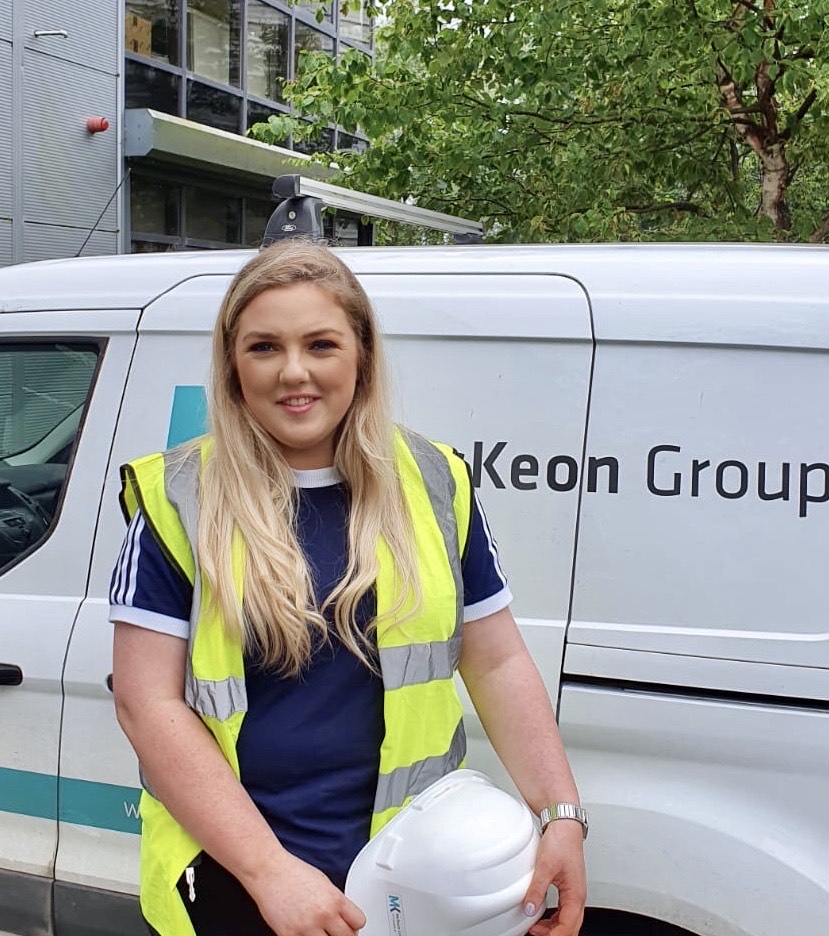
About McKeon Group:
Established in 1950, this year marks the 70th anniversary of McKeon Group, which remains a family business. ISO certified for more than two decades, McKeon Group offers expert construction, fitout and building services. The Group delivers projects, services and maintenance across a range of sectors for State, local authority, FDI and private clients. For more information, contact: www.mckeon.ie


